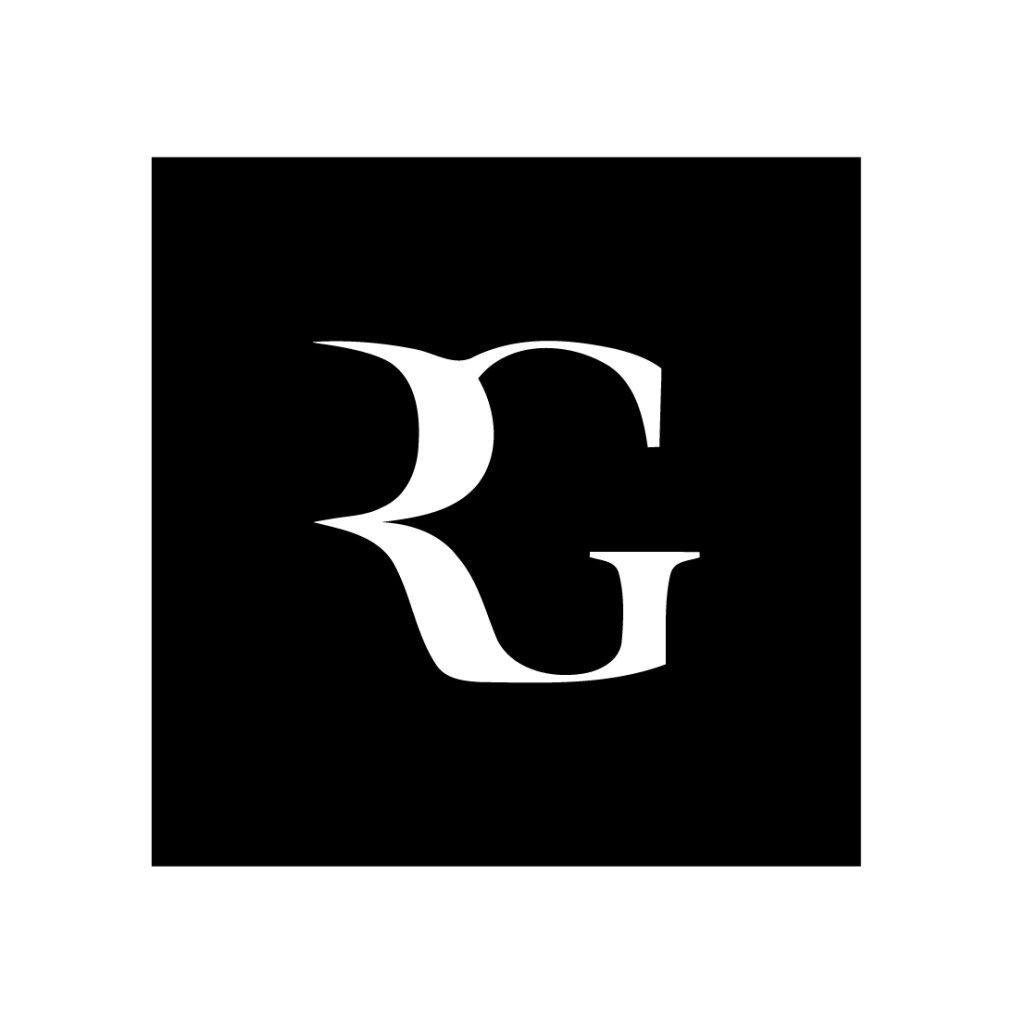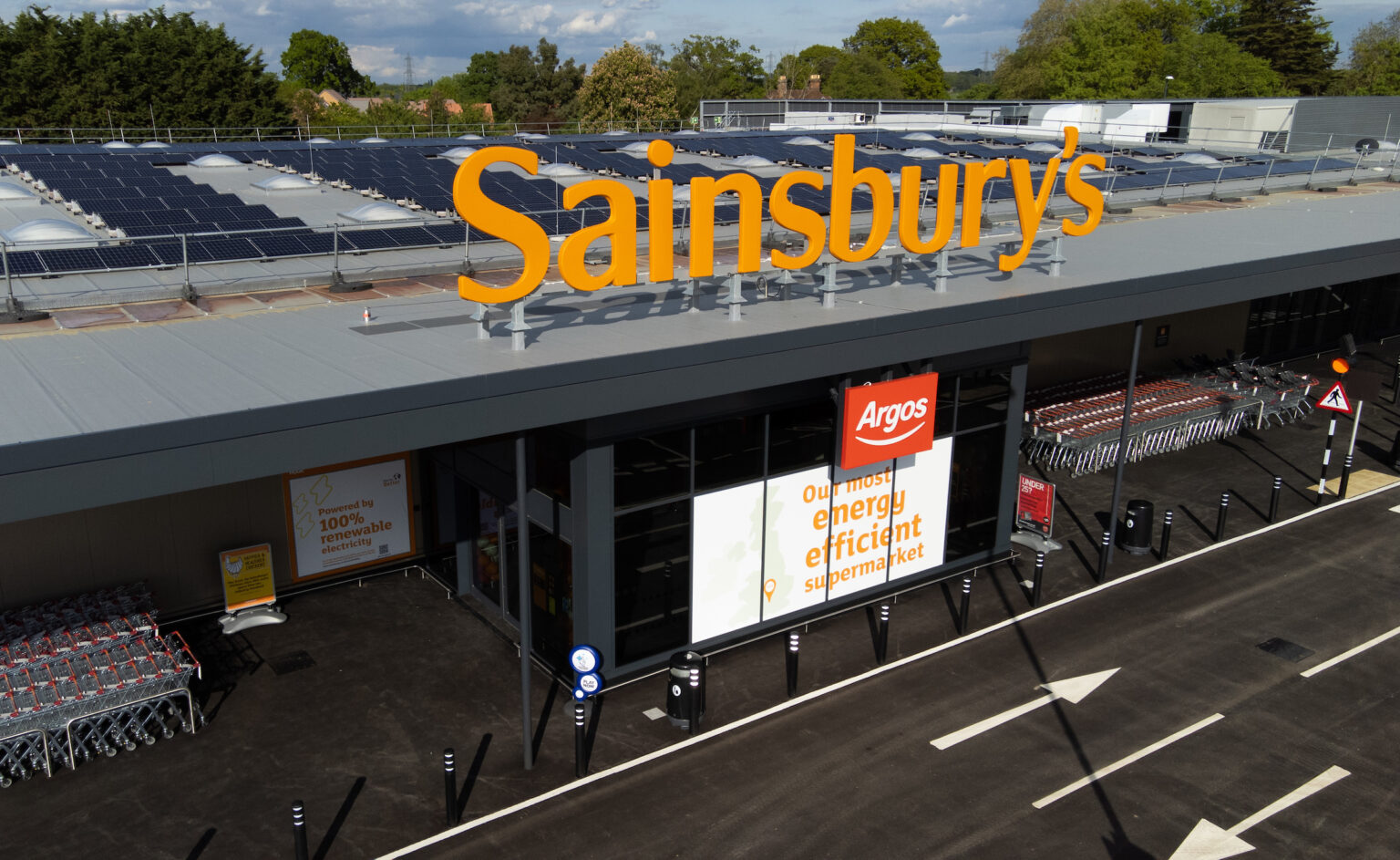The EU‘s plan to introduce a universal VAT return for all companies within the 28 member states has hit a huge stumbling block.
The UK and other major players in the union have refused to introduce the extra paperwork that would be required for business to comply with the new system.
The plans outlined in October 2013 and approved by the European Parliament in February, are designed to simplify taxes for companies doing business in multiple EU countries.
The problems arise around the new form companies would use to declare the amount of VAT they would have to pay.
Currently in the UK the VAT return form consists of nine information boxes while in Italy the same form has 500 boxes.
Some southern European states use the form as more of an auditing tool while others, the UK included, see it as a pure tax record.
This all means that for companies operating is some countries they will have their red tape slashed while others in countries, like the UK and Germany, will have a mountain of extra paper work on their desks.
A spokesman for HMRC told the Daily Telegraph: “The UK‘s current nine box return is supported by UK businesses and they want to retain that.”
It is claimed by the EU that £11.8 billion could be saved by businesses if a standardised cross border form is introduced.
However it has been estimated that Britain‘s 2.5 million VAT registered companies would have to spend an extra £3.8 billion under the new system.








